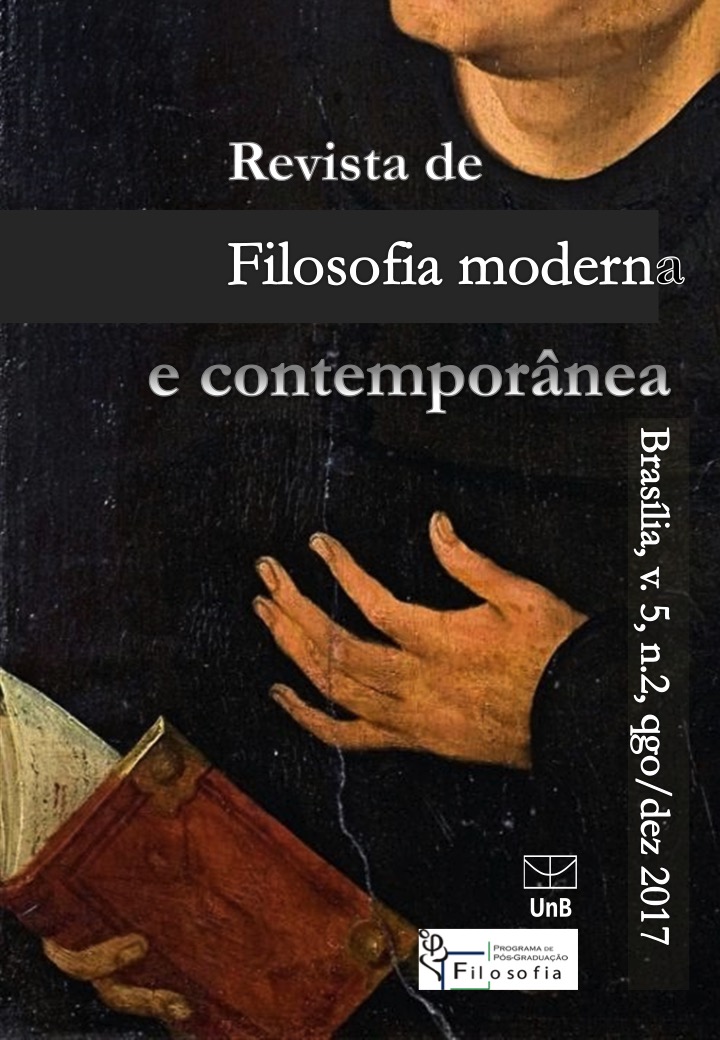The theme of christian freedom in Luther and his influence on Karl Löwith and the Italian idealism of the twentieth century
DOI:
https://doi.org/10.26512/rfmc.v5i2.12607Keywords:
Christianity, Philosophy of History, Philosophy of religionAbstract
This article is divided into three parts. In the first one, we will evaluate the theme of freedom in Luther’s theses, namely, the treatise On Christian Freedom. In the second part, the same concept will be investigated in the theses of Karl Löwith, notably in his works From Hegel to Nietzsche and in Meaning in History. Finally, in the last and third part, we will observe the definition of the concept in The History of Europe in the 19th Century by Benedetto Croce and in some of Giovanni Gentile’s short texts on religion. Thus, the purpose of the article is to investigate the theme of Luther’s freedom from Italian idealism. In order to do so, we will limit ourselves to the texts mentioned and, through it, we aim to investigate a central theme of Christianity and its interpretation by modern and contemporary philosophy.
Downloads
Downloads
Published
Issue
Section
License
Copyright for articles published in this journal is retained by the authors, with first publication rights granted to the journal. By virtue of their appearance in this open access journal, articles are free to use, with proper attribution, in educational and other non-commercial settings.


